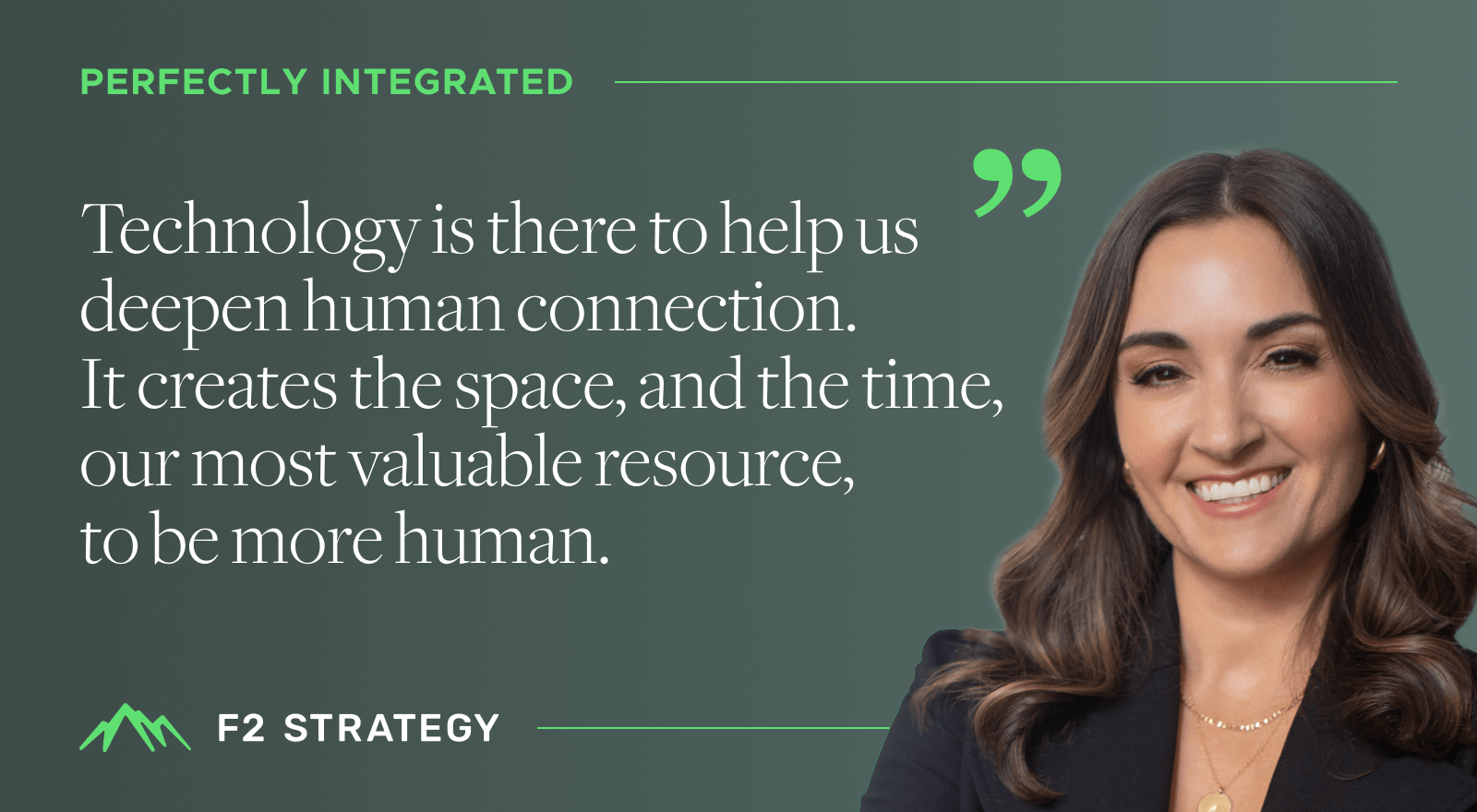
CRMs are powerful tools that can solve many problems for any wealth management firm. Vendors like to tell you about all the possibilities when selling their solutions. They can make a compelling case for paying for many functionalities. But here's the truth: you don't need every capability they offer. The only capabilities you need are the ones that match your business goals.
In our CRM series, we've covered several different aspects of platform implementation including transitioning your legacy system and best practices for customization. In this third article, we explain how to avoid buying unnecessary bells and whistles by using these seven best practices for negotiating contracts with CRM vendors.
Before the Contract Stage
- Develop a statement of work. You want to ensure you have internal alignment with the business objectives. As you understand the CRM's ability to be configured or customized, this alignment will help you be confident that the CRM can grow with your needs over the next 5-10 years.
- Find a partner who knows the questions to ask to get the information that meets your criteria and needs. It's important to have someone on your side of the table who understands both the business requirements and the tech language and can translate to the stakeholders within your organization. By asking vendors the right questions, you can get to the root of the functionalities that will match your firm's needs now and as it grows. If you don't have this person on your team, outsourcing it is better than going without it. Outsourcing this expertise can help you save significantly on your budget over the long run.
- Connect with other stakeholders within the firm. Make sure that the team negotiating the terms of the new CRM clearly understands what other parts of the organization need. For example, when we were negotiating our own contract with Salesforce, we knew that the marketing team needed a marketing automation tool and built that into our negotiations.
At the Contract Stage
- Examine license types and pricing. Understand the different types of licenses available (e.g., user licenses, feature licenses) and their associated costs. Negotiate pricing based on your organization's specific requirements, including the number of users and desired functionalities.
- Set contract duration. Determine the length of the contract term and negotiate favorable terms, such as discounts for longer-term commitments or flexibility for shorter terms.
- Include plans for customization and integration. Clarify the scope of the CRM’s customization and integration services, including any additional costs for custom development or third-party integrations. Negotiate pricing and timelines for customization projects.
- Plan for ongoing support. Evaluate the level of training and support included in the contract and negotiate additional training sessions or support hours if needed. Consider the availability of self-service resources, such as documentation and online training materials.
Aligning your CRM contract with your firm's business needs saves money and allows the organization to focus on using the tools it needs to drive streamlined processes and overall firm growth. Our final article in this series will focus on the importance of communicating throughout the organization to ensure a successful implementation.
Articles in CRM Series
- Transitioning Your Legacy System to a New Solution
- Best Practices for Customization
- Contract Negotiation
- Project Management and Communication
Use expert support for your CRM implementation to ensure you get it right the first time. Get in touch to learn more.

.png)


